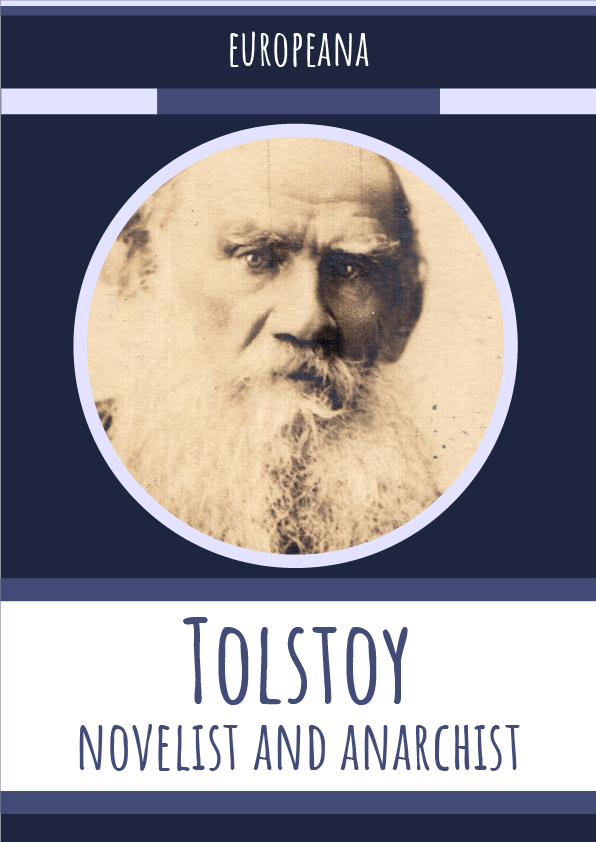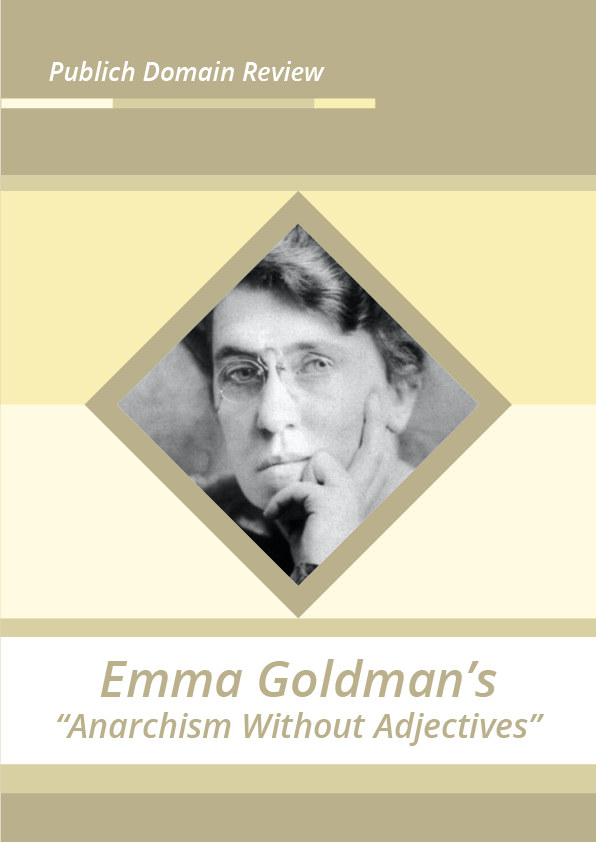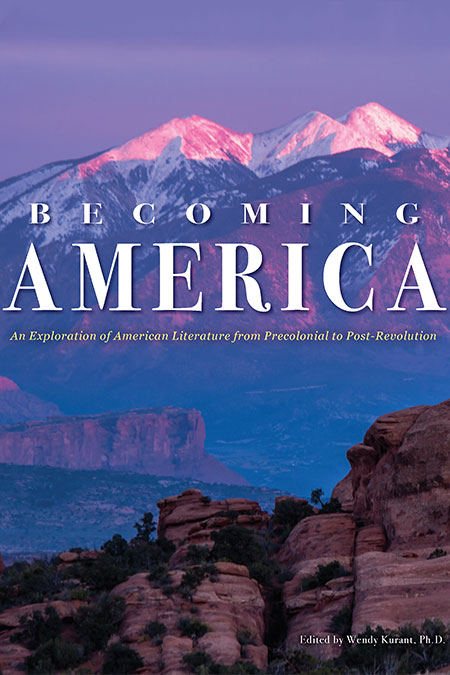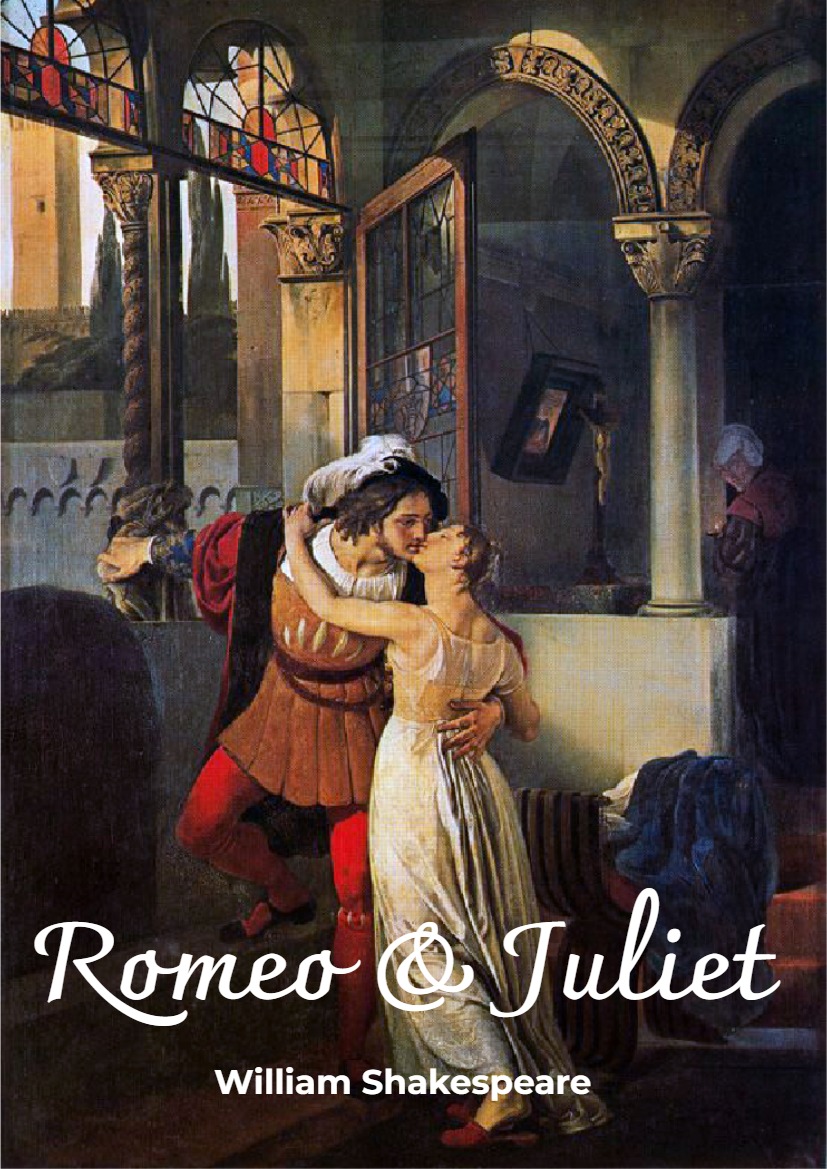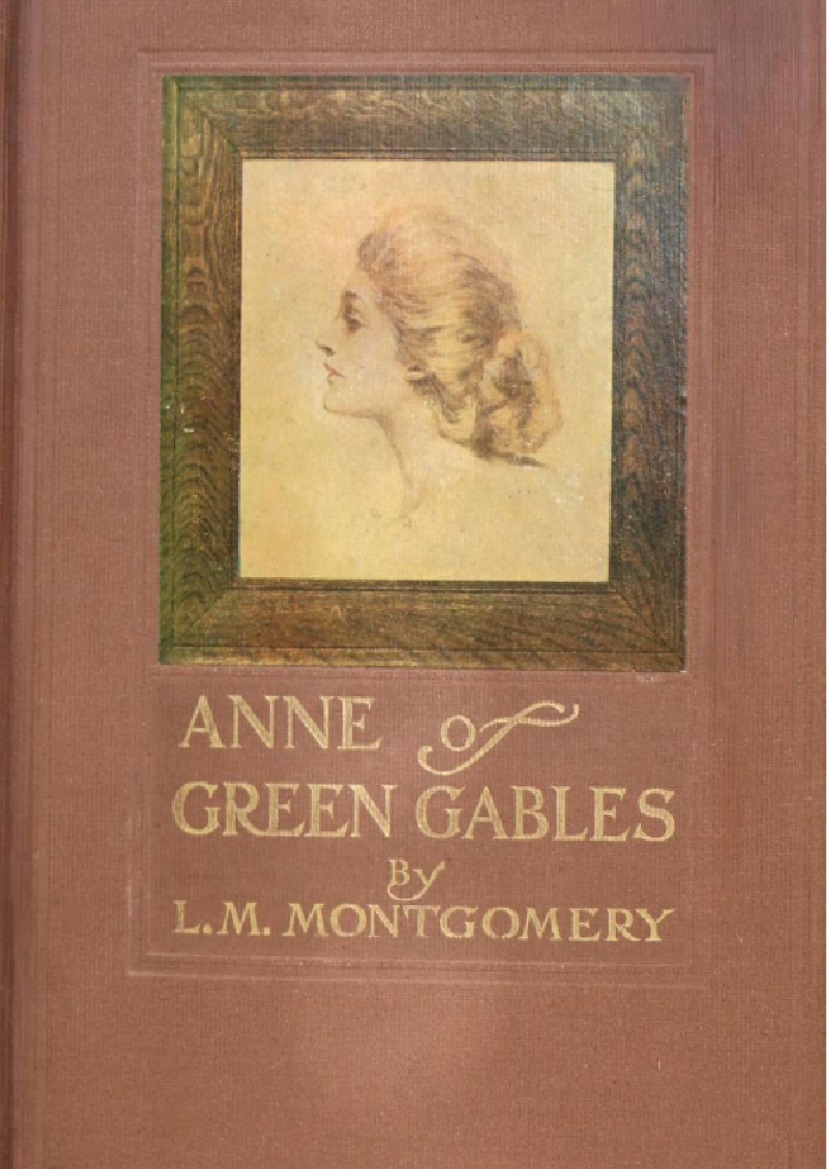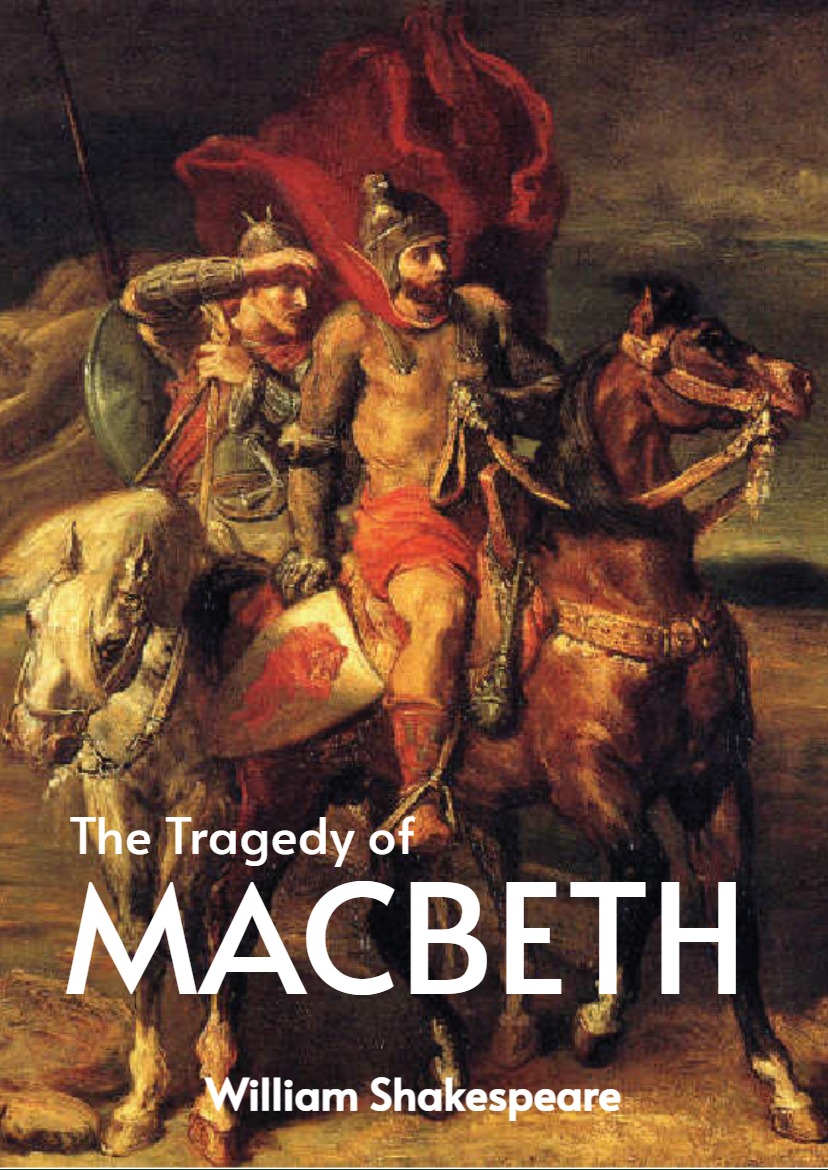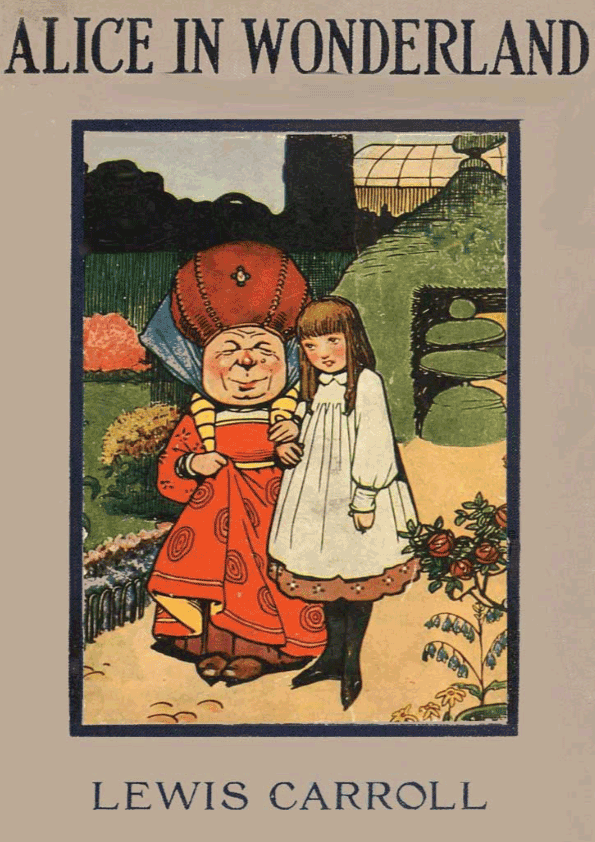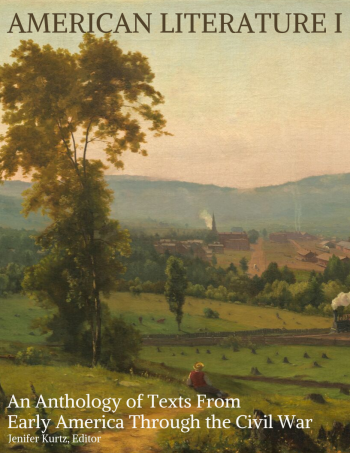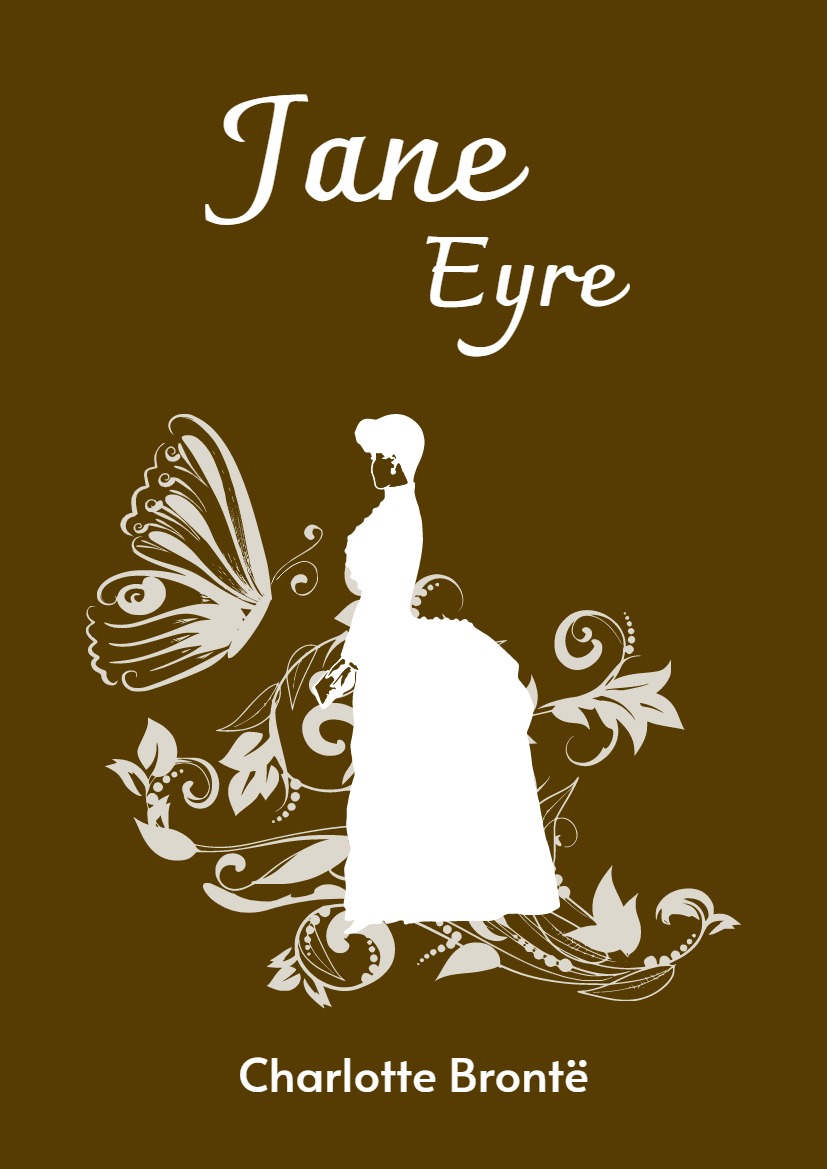‘We can know only that we know nothing. And that is the highest degree of human wisdom.’ Leo Tolstoy, War and Peace. Count Lev Nikolayevich Tolstoy, also known as Leo Tolstoy, was born on 9 September 1828 to a family of old Russian nobility. Tolstoy married Sophia Andreevna Behrs, known as ‘Sonya’ in 1862 and the couple had 13 children.
Tolstoy’s most famous work, War and Peace (published in 1869), is widely regarded as one of the greatest novels ever written. And one of the longest. The book includes 560,000 words and 580 characters. But it’s not the longest book ever. That accolade is thought to go to Proust’s In Search of Lost Time. Read War and Peace in French or English. Although Tolstoy is described by many as the world’s greatest novelist, he didn’t view his masterpiece War and Peace as a novel at all. What’s more, later in life, he rejected the book, along with Anna Karenina, (which he did view as a novel, his definition being ‘a framework for the examination of social and political issues in nineteenth-century life’) because in his opinion, the books were not true to reality. Read Anna Karenina or listen to the audio book.
In the 1870s, Tolstoy’s view of the world changed. He experienced a spiritual awakening and moral crisis. He became a Christian anarchist – a pacifist who renounced the state as violent and deceitful. His views on non-violent resistance influenced Gandhi and Martin Luther King.
As Tolstoy’s beliefs became more radical, he started to reject both his inherited and his earned wealth, giving most of it away to charitable causes. He also renounced the copyright to his earlier works, stopping him earning any more money from them. The extent of his wealth-giving caused great tensions in his marriage to Sonya. Find out more about his religious views in his work What I believe. Tolstoy died aged 82 in 1910 from pneumonia. Thousands of peasants lined the streets on the day of his funeral.
Tolstoy facts
Tolstoy was a vegetarian. He was excommunicated from the Russian orthodox church in 1901. As a young man, Tolstoy abandoned his university studies and ran up large gambling debts. In the early 1860s, after a trip to Europe, Tolstoy returned home and founded 13 schools. The title for ‘War and Peace’ was borrowed from the title of a manuscript by French anarchist Pierre-Joseph Proudhon that Tolstoy reviewed. Tolstoy served as a second lieutenant in an artillery regiment during the Crimean War. More Tolstoy facts
